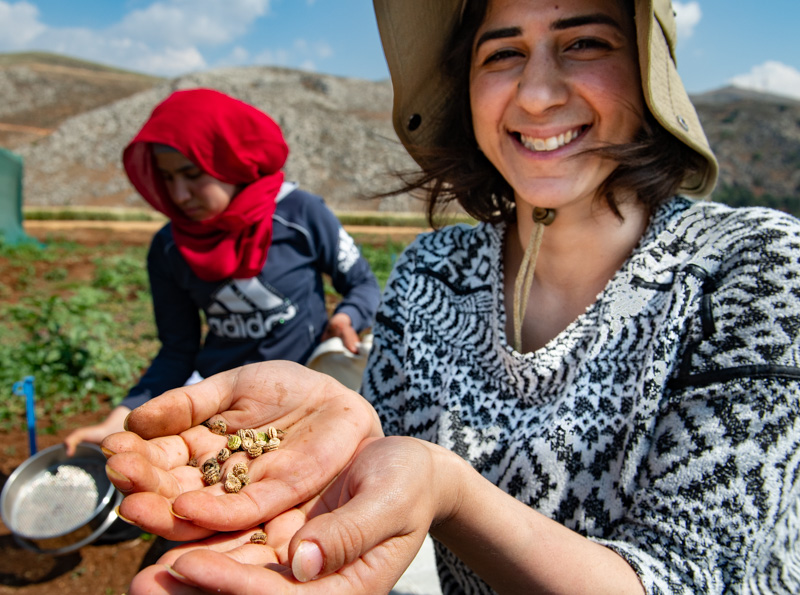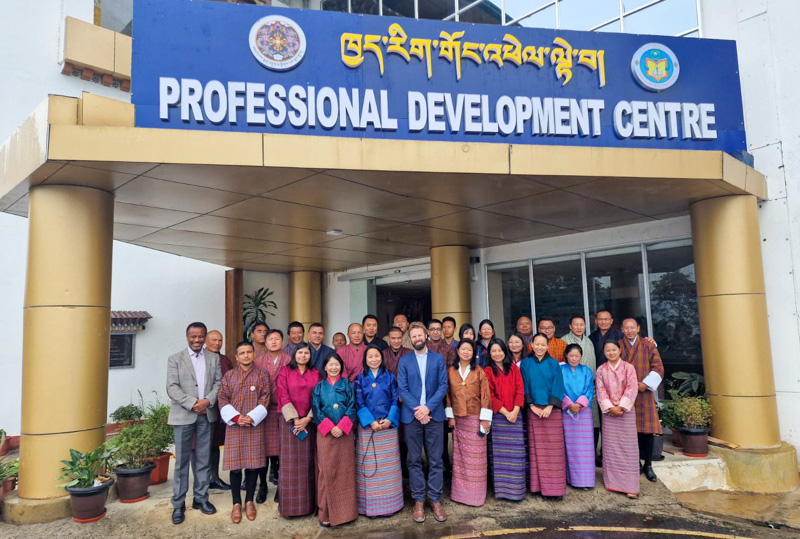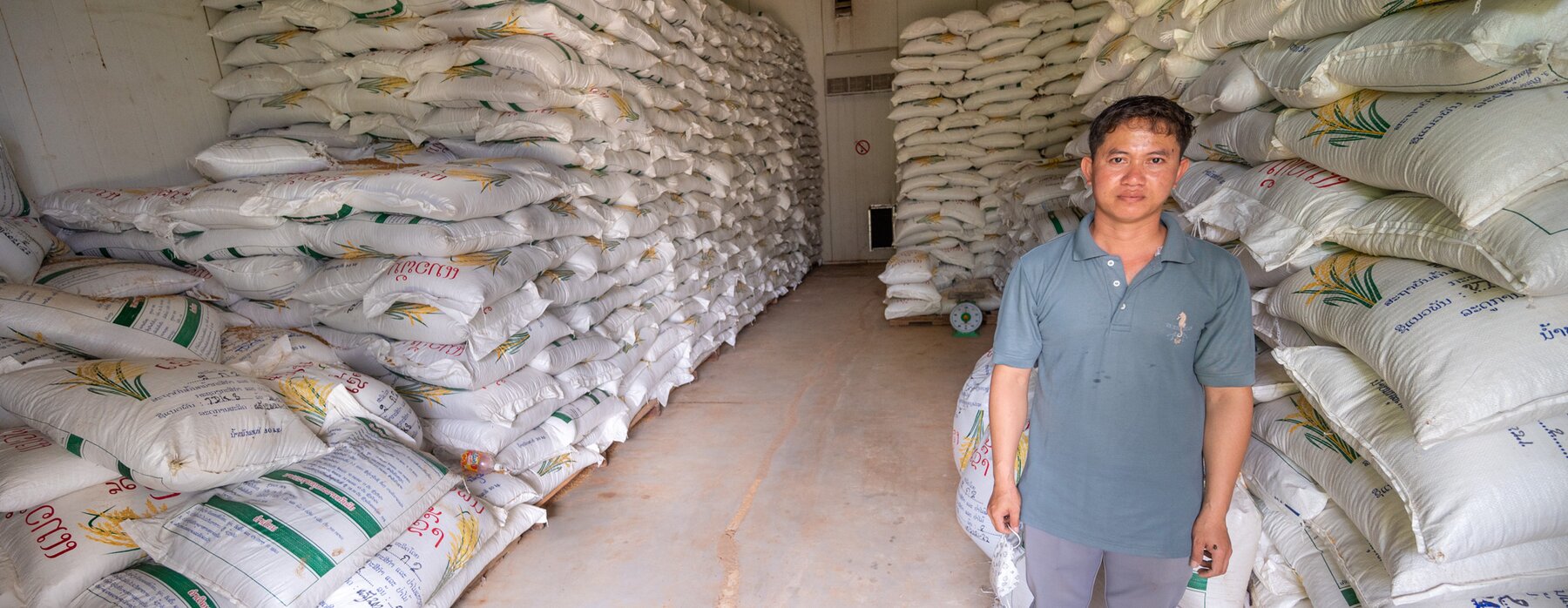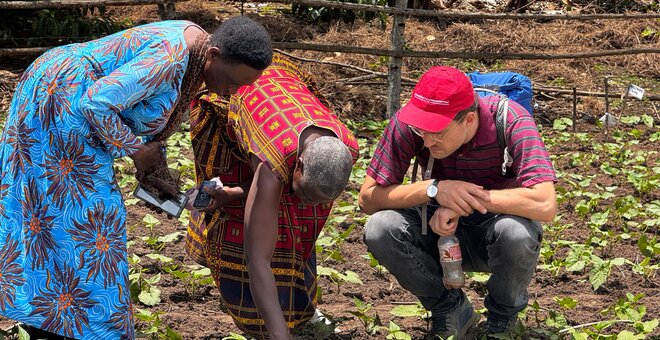Genebanks and Seed Systems
Genebanks are a treasure trove of diversity for farmers, researchers and plant breeders to use in their efforts to meet the need for more and better food in the face of challenges such as the changes arising from the climate crisis. But often, they tend to focus on the conservation aspects of their work.
Genebanks should not be “museums” where seeds are kept frozen in time but rather should be a dynamic part of the seed systems that farmers use to diversify their crop options and that underpin resilient production systems and diversified diets.
While plant breeders and researchers have been using some of the crop diversity in genebank collections, and some genebanks have engaged with farmers directly, more needs to be done to proactively share this wealth of materials. This is complicated by the fact that some 80% of seed changing hands in developing countries is in the informal sector — local markets or farmer-to-farmer seed exchange — which is not well served by current research or formal plant breeding and seed systems.
Currently, diversity from the genebanks is mainly channeled through formal breeding, which develops varieties, releases them, multiplies the seed, certifies it and then markets it to farmers — a long process.

Jostelle Al Beyrouthy. Collecting Medicago seed in regeneration plots of ICARDA Terbol. Photo: Michael Major/Crop Trust
Strengthening linkages between genebanks and seed systems

The Genebanks and Seed Systems component of the BOLD Project is working to strengthen linkages between genebanks and other components of seed systems.
Led by the Norwegian University of Life Science (NMBU), this effort will initially identify how best to strengthen the connection between genebanks and others involved in seed systems in developing countries. The goal here is to make sure that farmers have access to the crop diversity they need. Achieving this requires context-specific technical and institutional innovations. These may range from establishing new collaborations for seed multiplication between genebanks and, for example, farmer cooperatives or commercial seed companies to re-examining mandates of genebanks vis a vis other organizations involved in the seed sector.
The Project is working with partners in Bhutan, Ecuador, Tanzania and Uganda to understand their seed systems by analyzing current and potential pathways for giving farmers access to a wider range of crop diversity, both directly and through plant breeding and seed production actions. NMBU and its network of partners and collaborators will use this knowledge to develop models of genebank engagement that other countries will be able to use and adapt.
Countries
- Bhutan
- Ecuador
- Uganda
- Tanzania
Related stories
Ugandan Farmers Teach Scientists to Rethink Seed Systems
Training Course in Uganda Taps Community Knowledge of Seed Systems
26 May 2025


